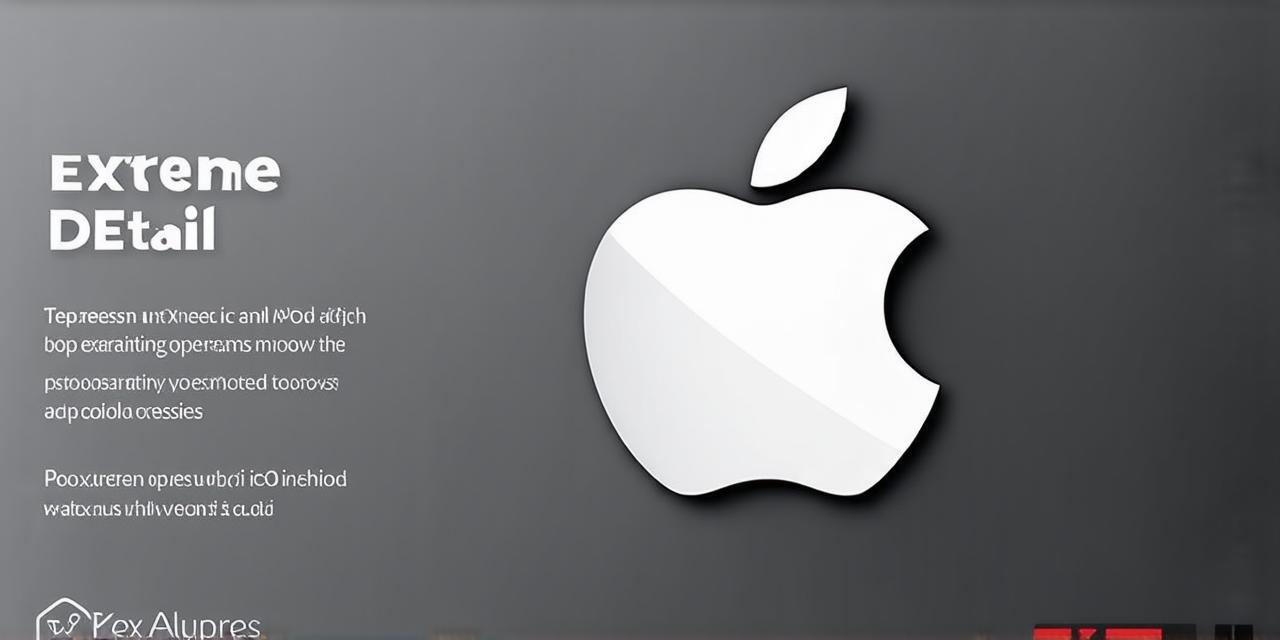In the realm of mobile technology, few acronyms resonate as profoundly as iOS. But what does this ubiquitous abbreviation truly signify? Let’s delve into the world of Apple’s operating system for iPhones and iPads, uncovering its origins, evolution, and impact on developers.
The Birth of iOS
iOS was born in 2007, when Steve Jobs introduced the first iPhone. The operating system was a revolutionary blend of Apple’s Mac OS X and the touch-screen interface from the iPod Touch. This fusion laid the foundation for a new era of mobile computing.

The Developer’s Perspective
For developers, iOS presents a unique canvas. Its strict guidelines ensure a seamless user experience, while its robust APIs offer endless possibilities for innovation. Take Angry Birds, for instance. This simple yet addictive game became a global phenomenon, all thanks to the power of iOS development.
The Evolution of iOS
Over the years, iOS has evolved, adapting to the changing needs of its users and developers. With each update, Apple introduces new features and refines existing ones, pushing the boundaries of what a mobile operating system can do. The introduction of Swift, a powerful and intuitive programming language, further empowered developers to create more sophisticated apps.
The Impact of iOS
The impact of iOS extends beyond the realm of mobile technology. It has revolutionized industries, from gaming to healthcare, by providing a platform for innovative apps that streamline processes and improve lives. For instance, the use of medical apps on iOS devices has transformed healthcare delivery, making it more accessible and efficient.
The Future of iOS
As we look towards the future, iOS continues to evolve, promising even greater possibilities for developers and users alike. With advancements in augmented reality, machine learning, and 5G technology, the potential for iOS-powered innovation is limitless.
FAQs
Q: What does iOS stand for?
A: iOS stands for iPhone Operating System, but it also supports iPad devices.
Q: Who created iOS?
A: iOS was created by Apple Inc.
Q: Can I develop apps for iOS without knowing Swift?
A: While Swift is a powerful tool for iOS development, you can still create apps using Objective-C or other programming languages supported by Apple.
In Summary
iOS is more than just an acronym; it’s a testament to the power of innovation and the limitless potential of mobile technology. As we continue to explore its depths, we can only imagine what wonders await in the world of iOS development.
